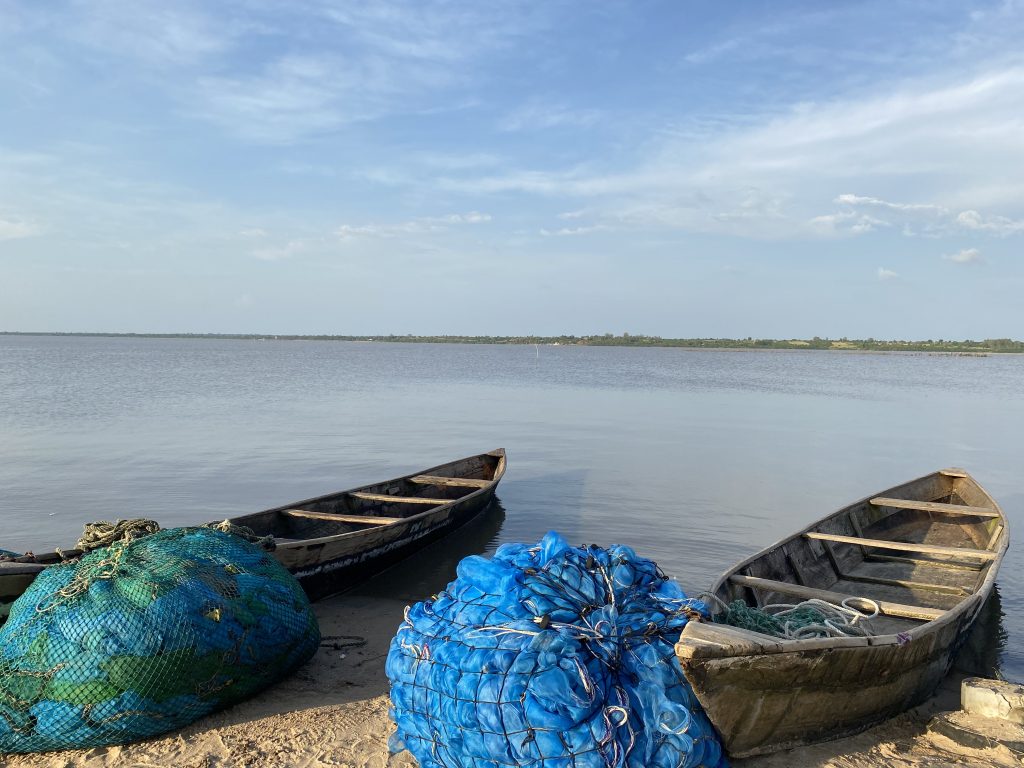The biannual Ibrahim Index of African Governance provides us with a snapshot of our walk toward human progress. The data gaps identified in the report opens opportunities for citizen engagement on key issues. Even with incomplete data, readers of the index get a sense of the work ahead. The transformation agenda suffers from the lack of complete data to guide us in the direction that will enable prosperity.
The Ibrahim Index of African Governance (IIAG) is a tool that measures and monitors governance performance in African countries. There are 4 categories of overall governance, two specific ones caught my attention. As such, the Index evaluates human development (health, education, social protection, sustainable environment) and foundations for economic opportunity (public administration, business environment, infrastructure, rural sector). These issues are at the heart of what the African continent needs to resolve. Yet, progress being made in these two areas are eroded.
As outlined, we continue to struggle with our management of Security & Rule of Law as well as Participation, Rights & Inclusion. Managing diversity is a going concern – having resources needed to continue operating indefinitely – and not an election cycle opportunity. Thus facilitating the ability of citizen to rethink how they care for each other is central to improving governance.
The report suggests that it is not either development or security. It is not economic opportunity or rights and inclusion. Making progress implies expanding the opportunities while removing the constraints hampering meaningful participation. For our purpose, we know that limiting our engagement to urban areas misses the mark on rural areas. Technology must expand possibilities for micro, small and medium enterprises. Decent jobs keep idle minds focused on the African Union’s transformation agenda.
The Index shows improvement in infrastructure, health and environmental sustainability. We are strengthening the foundation on one hand. On the other hand, the report suggests that voices are not necessarily heard. Also, adherence to the rule of law and security as a mechanism of socio-economic transformation are lacking in some instances. These instances often cost us more than we can account for. The most challenging cost to recover is trust between some citizen and the custodian of law and order. The perception that the law is applicable to some, challenges the fundamental role of institutions in building an environment conducive to better governance.
In the absence of physical protection, social protection remains a challenge. It has deteriorated since 2010, at a slower pace since 2015, and outlined the path forward during the COVID-19 pandemic. It is less a question of resources but more a question of bringing the pieces of the transformation agenda for decent jobs. Where I understand the element about poverty reduction policies ineffectiveness, the real policy shift must be enabling prosperity. Anything other than this agenda falls short of a real social protection agenda.
Enabling prosperity means rethinking how existing resources could push women entrepreneurs in agriculture, food, logistics and manufacturing to increase their market access. Market access means getting African businesspeople ready for the African free trade continental free trade area (AfCFTA). Resolving this should allow more people to climb the ladders of their own opportunities. One of these opportunities lies in better access to housing which has not been performing well. It raises two issues; affordability and changing the city landscape including for slum dwellers.
The picture for the work ahead is incomplete with the missing data. We have a responsibility to know who we are to navigate, as a whole, to stronger foundations for the next generation. And the report provides an overview of the existing data gaps. In their absence, we move forward with blind spots. And this is every citizen’s responsibility as they advocate for change because it reinforces our own governance mechanism.
For me, one of the issues is about capacity of the healthcare system because the next wave of infectious diseases might not spare us. We continue to battle with keeping young and old away from Neglected Tropical Diseases, Non-Communicable Diseases. Furthermore, we have other limiting health challenges such as hospital bed density, hospital density and number of qualified medical doctors. In keeping people healthy, we need to keep them educated with a purpose. The report indicates a struggle in getting hold of reliable data about education completion.
And we know the beginning of the data narrative is often missing. Not every African child born will have access to a birth certificate. And this should be an issue that young urban Africans raise their advocacy voice for. Without civil registration and vital statistics, we are not able to design and implement any comprehensive public policy and effective public service delivery.
In this respect, education, health, housing, employment, justice, security or access to elections — as mentioned in the report — will not give us full instruments to strengthen the foundation for human development. Quality education remains an elusive aspect of the transformation agenda. Thus, when combined with slower progress in extending the availability of drinking water, as well as handwashing and improved sanitation facilities, the COVID-19 pandemic reminded us that this recipe is inconsistent with our endeavour to make young Africans drivers of economic transformation.
The Mo Ibrahim Foundation definition of governance is an invitation to contribute to the African transformation agenda with human progress as the end in mind.

